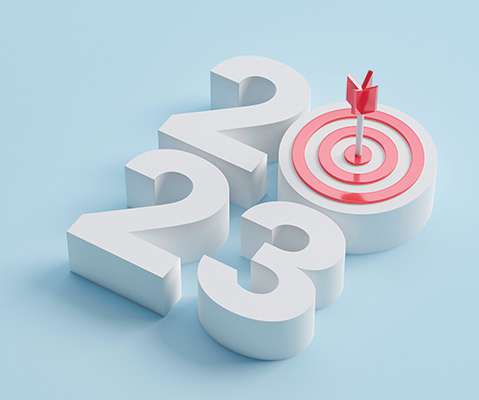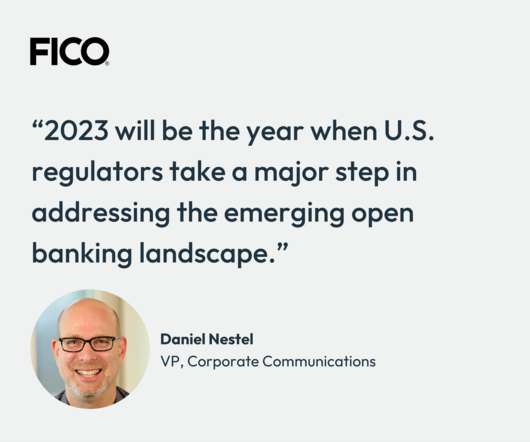Beneficial ownership: Final rule and its impacts on AML programs
Abrigo
JANUARY 3, 2024
1, 2024, many companies must begin reporting information about who ultimately owns or controls them to a federal beneficial ownership registry. 1, 2024, many companies are required to begin reporting to the U.S. 1, 2024, have one year (i.e., 1, 2024) of the BOI Reporting Rule. Effective Jan. Department of Treasury 2.





















Let's personalize your content